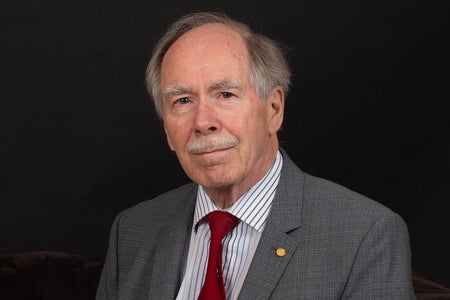
Quantum Physics Is on the Wrong Track, Says Breakthrough Prize Winner Gerard ’t Hooft
After netting the world’s highest-paying science award, preeminent theoretical physicist Gerard ’t Hooft reflects on his legacy and the future of physics
Lee Billings is a science journalist specializing in astronomy, physics, planetary science, and spaceflight, and is a senior editor at Scientific American. He is the author of a critically acclaimed book, Five Billion Years of Solitude: the Search for Life Among the Stars, which in 2014 won a Science Communication Award from the American Institute of Physics. In addition to his work for Scientific American, Billings's writing has appeared in the New York Times, the Wall Street Journal, the Boston Globe, Wired, New Scientist, Popular Science, and many other publications.
Billings joined Scientific American in 2014, and previously worked as a staff editor at SEED magazine. He holds a B.A. in journalism from the University of Minnesota.

Quantum Physics Is on the Wrong Track, Says Breakthrough Prize Winner Gerard ’t Hooft
After netting the world’s highest-paying science award, preeminent theoretical physicist Gerard ’t Hooft reflects on his legacy and the future of physics
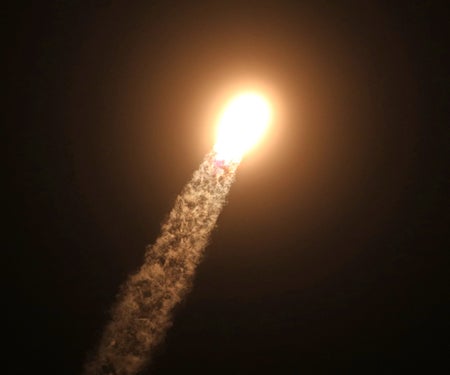
SpaceX Hits New Milestone with Fram2, the First-Ever Crewed Polar Mission
The privately funded Fram2 mission is the first ever to take astronauts into polar orbit—and the latest sign of a “new normal” for human spaceflight
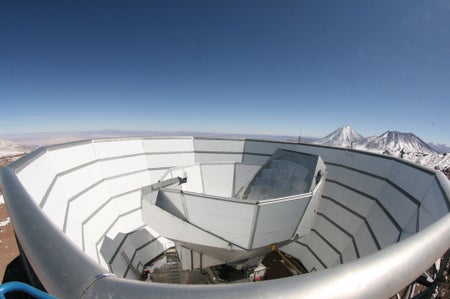
Best-Yet ‘Baby Pictures’ of the Universe Unveiled
The final results from the Atacama Cosmology Telescope offer the sharpest, most sensitive view of the early cosmos that anyone has ever seen

For Quantum Computing, Pressing the Advantage Is a Risky Proposition
D-Wave’s fresh claim that it has achieved “quantum advantage” has sparked criticism of the company—and of the scientific process itself
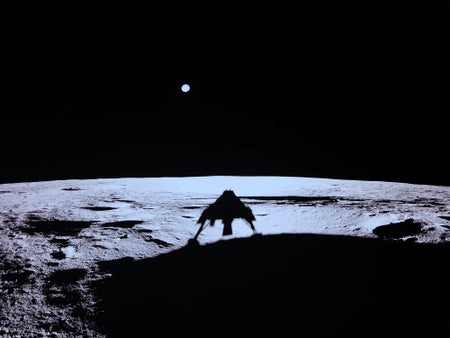
Blue Ghost, a Private U.S. Spacecraft, Lands on the Moon
After its successful lunar touchdown, Firefly Aerospace’s Blue Ghost mission could soon be joined on the moon by two more commercial spacecraft
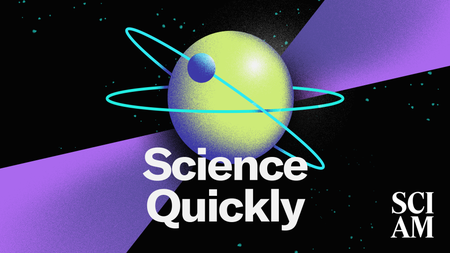
Saying Farewell to the Gaia Mission, Which Mapped the Milky Way
We look back on about 11 years of the Gaia spacecraft, now at the end of its mission to create the best map of the Milky Way.
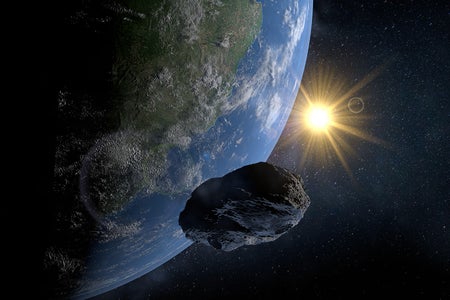
‘City Killer’ Asteroid’s Earth Impact Risk Rises and Falls Again
Asteroid 2024 YR4’s risk of hitting Earth is shifting with new data, astronomers say

When It Comes to Impending Asteroid 2024 YR4, Risk of Impact Is a Wait-and-See Question
News of an asteroid with a 2 percent chance of hitting Earth in 2032 made headlines. But is its fluctuating risk really cause for concern?
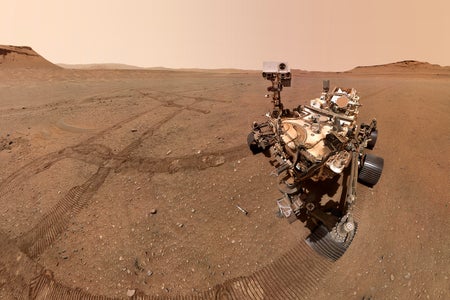
NASA’s Mars Sample Return Program Faces Stark Choices
NASA sees two paths for saving its beleaguered plan to retrieve materials from the Red Planet but won’t choose between them until 2026
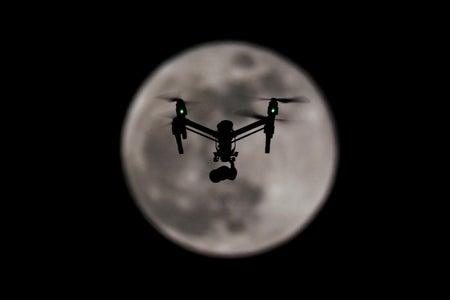
Why It’s a Bad Idea to Shoot at New Jersey ‘Mystery Drones’
Surging reports of strange drones in the skies over New Jersey and other parts of the northeastern U.S. have spurred calls to shoot down the unidentified objects. But that’s a very bad idea
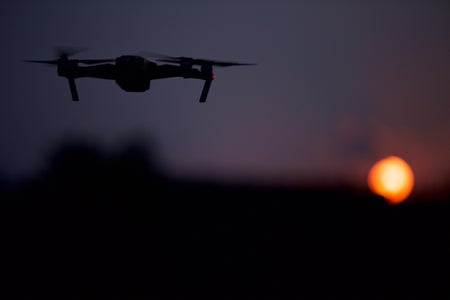
What Are the Mystery Drones Reported over New York State and New Jersey?
Reports of unidentified flying objects in the northeastern U.S. are on the rise, but so far officials have few answers for alarmed residents
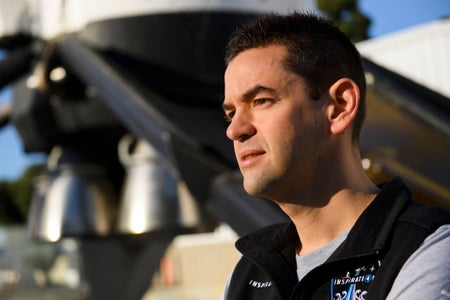
Who Is Jared Isaacman, President-Elect Trump’s Pick to Lead NASA?
NASA’s presumptive next leader, billionaire private astronaut Jared Isaacman, already has big plans for the space agency
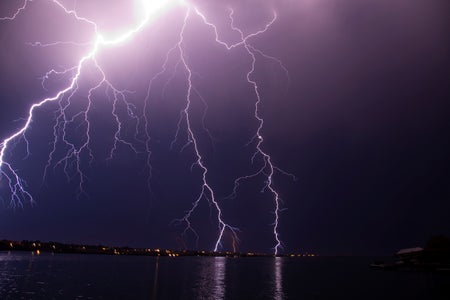
Mysterious Gamma-Ray Flashes May Be Missing Link for Lightning Bolts
Observations from a retrofitted spy plane hint at a connection between powerful gamma-ray flashes and a thunderstorm’s lightning
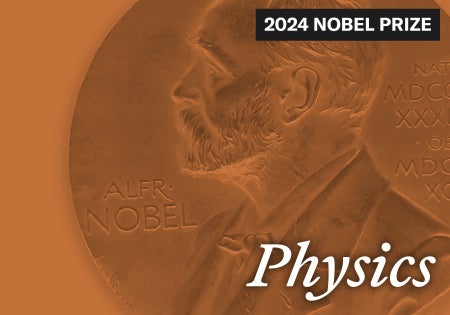
Nobel Prize in Physics Awarded for Breakthroughs in Machine Learning
The 2024 Nobel Prize in Physics was given to John Hopfield and Geoffrey Hinton for development of techniques that laid the foundation for revolutionary advances in artificial intelligence
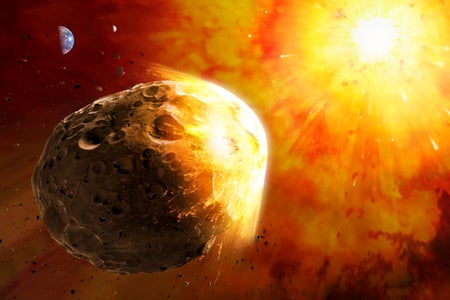
Can Scientists Save the World from an Apocalyptic Asteroid Strike?
Sooner or later a doomsday asteroid will wipe out most life on Earth—unless, that is, we prevent threatening space rocks from hitting us in the first place
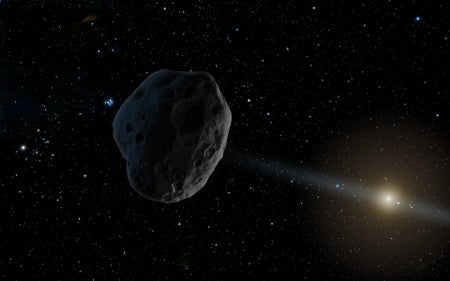
Meet Earth’s New Mini Moon
A small asteroid, 2024 PT5, will spend the next two months alongside our planet as a mini moon before swooping back to deep space
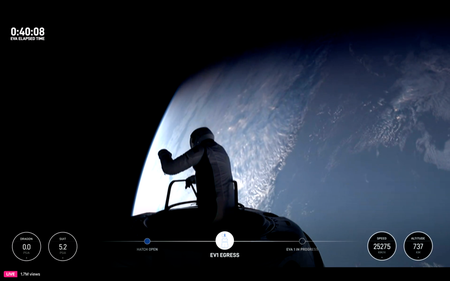
Polaris Dawn’s First Private Space Walk Was a Stellar Success
The world’s first commercial space walk, performed by billionaire Jared Isaacman and SpaceX engineer Sarah Gillis, tested new technology and was practically flawless
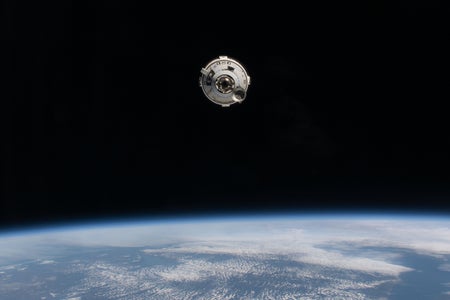
Starliner Spacecraft Safely Returns to Earth, sans Astronauts
Starliner’s first crewed test flight has concluded with a successful touchdown—and two astronauts still in orbit awaiting a different ride home
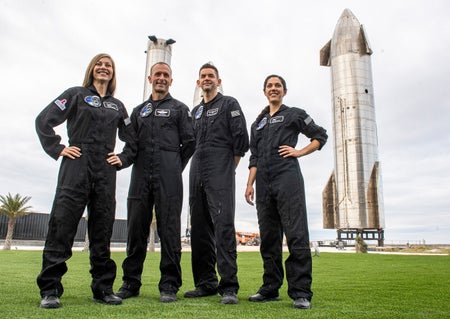
Polaris Dawn Is the Most Ambitious—And Risky—Private Spaceflight Yet
The Polaris Dawn mission—a partnership between SpaceX and billionaire Jared Isaacman—will soar to historic heights and attempt the first-ever commercial spacewalk
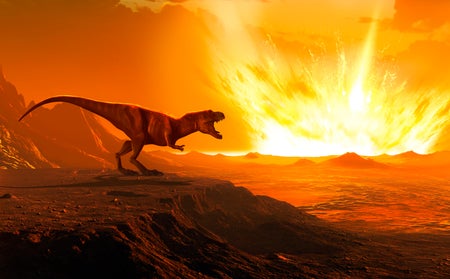
We Know the Origins of the Asteroid That Killed the Dinosaurs
New evidence points to a carbonaceous asteroid from the outer solar system as the culprit for Earth’s most recent mass extinction
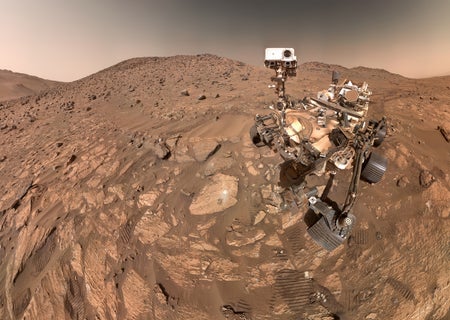
This Is the Most Exciting Rock Ever Found on Mars
Mysterious “leopard spots” on a Martian rock could be evidence of extraterrestrial life—or of mere lifeless chemistry. Finding out the truth may require bringing the rock back to Earth
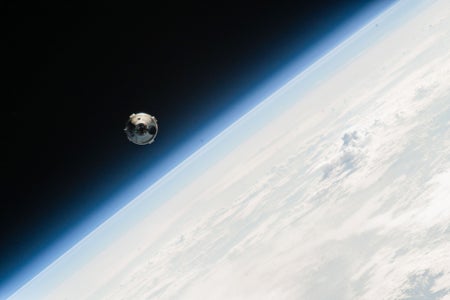
How Worried Should We Be about Starliner’s Stranded Astronauts?
On its first crewed flight, troubling technical glitches with Boeing’s Starliner spacecraft have left two astronauts in limbo onboard the International Space Station
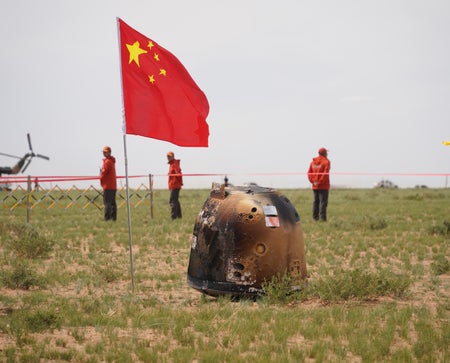
China Makes History with First-Ever Samples from the Moon’s Far Side
China’s Chang’e 6 mission has successfully returned samples from the moon’s far side, opening a new phase of the nation’s lunar space race with the U.S.
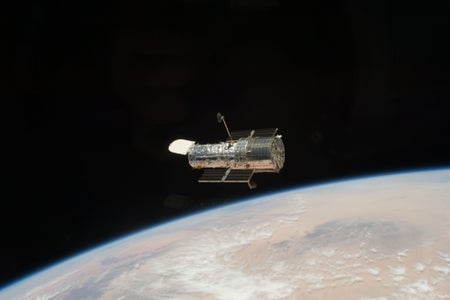
NASA Refuses Hubble Rescue Mission and Trims the Space Telescope’s Science
Failing hardware on NASA’s Hubble Space Telescope may lead to less science, officials say, but the space agency isn’t ready to pursue a private repair mission